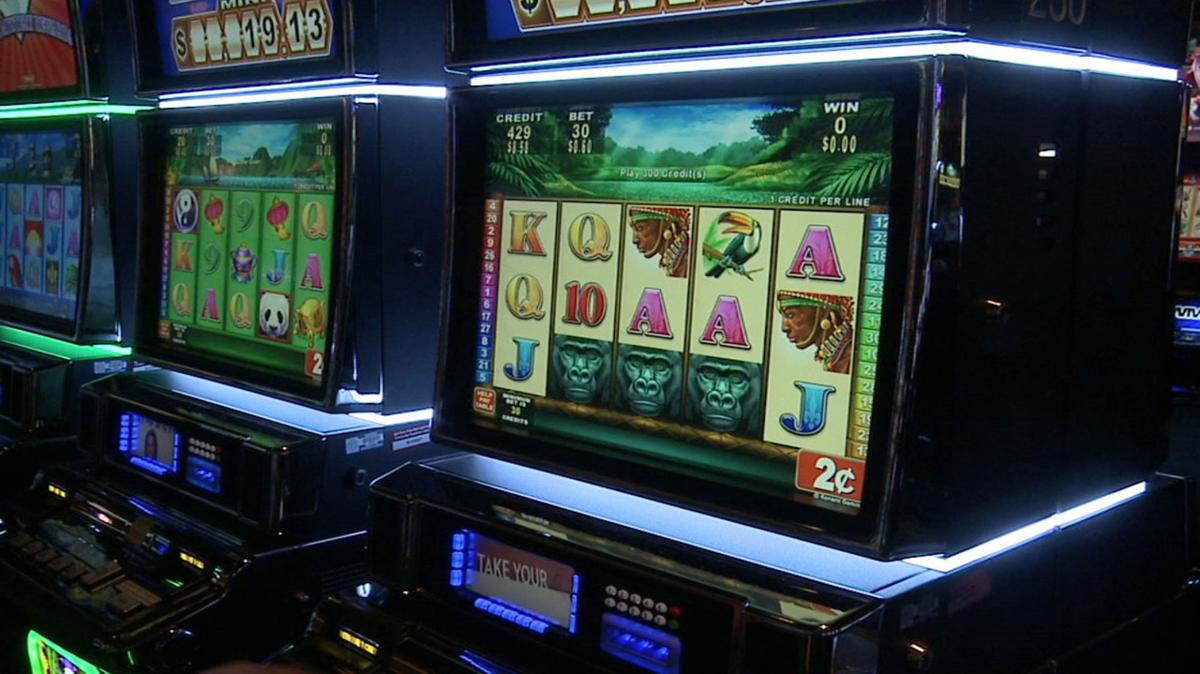Gambling revenues dipped slightly at Arizona’s tribal casinos in 2016, but those losses were more than offset by a strong jump in non-gaming revenues that helped boost total income to $2.23 billion for the year, a new report says.
Casino City’s Indian Gaming Industry Report said Arizona was one of eight states, among the 28 with tribal gaming, to see gambling revenues go down in 2016. Nationally, tribal casinos saw 3.9 percent growth in gaming revenues in 2016 and 8.2 percent growth from non-gaming.
The growth rates for the state and nation were slower in 2016 than in previous years, something that analysts attributed directly to a general slowdown in the overall economy.
“I can definitely tell you the economy was a big factor and not just in Arizona … but across the country,” said Alan Meister, author of the report and economist at Meister Economic Consulting. “Income was down in 2016 versus 2015, and that is the main key driver of casino spending by patrons.”
In Arizona, that meant gaming revenues of $1.902 billion and non-gaming revenues of $328 million in 2016, compared to $1.905 billion and $301 million, respectively, in 2015.
Despite the slight dip in gaming revenues in the state, the overall numbers have shown steady growth after taking a steep dive at the start of the recession. Combined revenues in 2016 in Arizona had climbed back to just under the 2007 pre-recession peak of $2.27 billion, according to the report.
“Over the past five years, the Arizona gaming revenue side has declined slightly this past year, it had two pretty flat years, but it had two decent years,” Meister said. “And if you look at the past five years in terms of non-gaming revenue, it’s very strong.”
That upward trend in non-gaming revenues — events, retail, lodging and the like — can be seen nationwide, experts say, as the casino industry expands offerings other than gambling.
“In Las Vegas, our gambling revenues were declining compared to non-gambling revenues because we were diversifying so much with entertainment and non-gaming amenities. And I think you’re seeing that as well in the tribal communities,” said Jennifer Roberts, associate director at the International Center for Gaming Regulation at the University of Nevada in Las Vegas.
Dennis Hoffman, a professor of economics at Arizona State University’s W.P. Carey School of Business, said that the broader range of offerings is necessary as casinos work to expand their customer base and compete for entertainment dollars.
“In order to drive increases … you have to have new, innovative experiences for customers to be attracted to,” Hoffman said. “And it sounds to me like they’re holding their own. They’re doing fine, but they’re not doing anything different that would change the customer base.”
Hoffman said he believes competition with other activities, such as going out to dinner or even driving to Las Vegas, is probably the reason the casinos have not seen a greater increase in revenues to match improvements in the overall economy.





